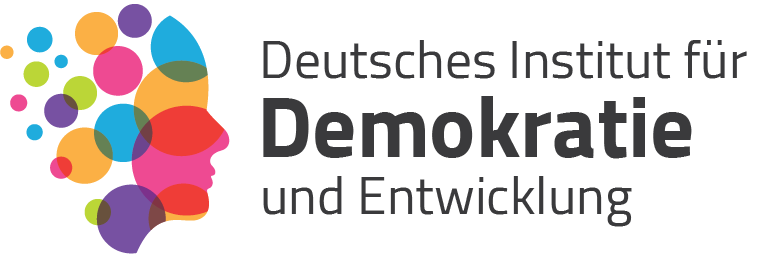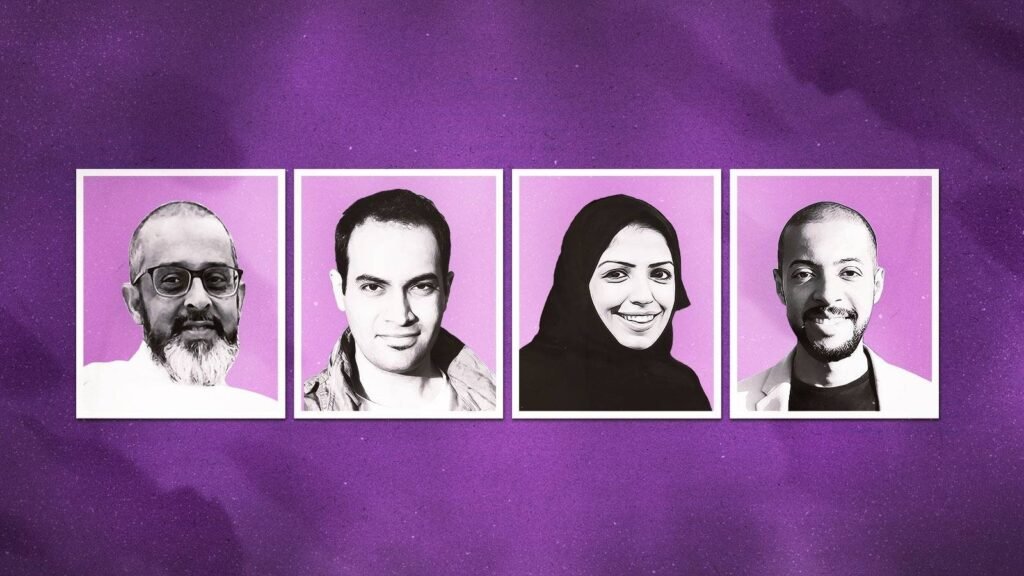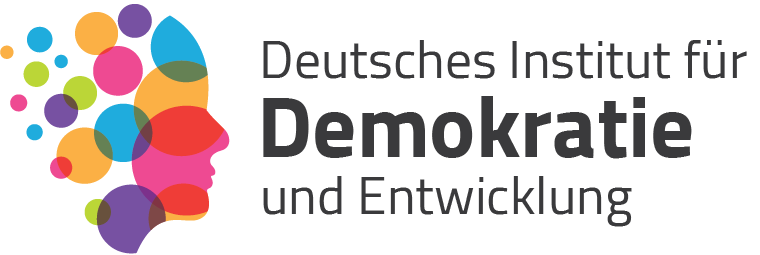In a chilling development that has sent shockwaves through the international community, Saudi Arabia’s relentless crackdown on free expression has reached alarming new heights, with the use of social media platform X (formerly Twitter) as a tool for surveillance and suppression. This grave violation of human rights has sparked outrage, with MENA Rights Group and 15 civil society organizations vehemently condemning these actions. At the heart of this issue is the case of Mohammed al-Ghamdi, a retired teacher, who was sentenced to death solely for his peaceful social media activities.
The Escalation of Repression
Mohammed al-Ghamdi’s ordeal is emblematic of the troubling trajectory of free speech in Saudi Arabia. He faced charges under the kingdom’s draconian Counter-Terrorism Law, including allegations of undermining religion and justice, as well as spreading false news with the intent of executing a terrorist crime. Shockingly, the evidence presented against him primarily consisted of comments made on social media platforms, particularly X and YouTube.
What was once seen as a relatively safe space for Saudis to express their opinions has gradually transformed into an arena where free speech is brutally stifled. Activists who dared to criticize the Saudi government on social media platforms now face prosecution under Anti-Cybercrime and Counter-Terrorism Laws. This oppressive environment has pushed many individuals to self-censor or resort to online anonymity, yet even these measures provide no guarantee of safety.
State-Sponsored Surveillance
Disturbing revelations emerged in 2019 when two former Twitter employees were charged in the United States with spying for the Saudi government. They were accused of accessing the private data of Saudi dissidents using the platform, actions believed to have led to the arrest of humanitarian worker Abdulrahman al-Sadhan and others. Al-Sadhan currently serves a 20-year jail term, accused of running a satirical Twitter account. His sister, Areej al-Sadhan, has filed a US civil lawsuit against Twitter, alleging that the platform has become “a tool of transnational repression.”
The recent acquisition of X by tech mogul Elon Musk has heightened concerns. The platform, which was once seen as a bastion of free expression, now appears less secure for journalists, human rights defenders, and dissidents. Twitter’s own data indicates that the company has complied with the majority of governments’ requests for censorship or surveillance, raising serious questions about user privacy and safety.
A Grim Landscape of Repression
Saudi Arabia is known for its prolific use of the death penalty, with 196 individuals executed last year—the highest annual figure in recent Saudi history. The loosely defined Counter-Terrorism Law is often wielded to convict political opponents and dissidents following deeply unfair trials, where coerced confessions are shockingly admitted as evidence.
Al-Ghamdi’s case represents a chilling milestone—it is the first known death sentence issued in Saudi Arabia solely for social media activity. This marks an intensified crackdown on online expression. In recent months, Saudi courts have handed down lengthy jail sentences to numerous individuals for peaceful social media activities, such as Abdullah Jelan (10 years), Salma al-Shehab (27 years), Fatima al-Shawarbi (30 years), Sukaynah al-Aithan (40 years), and Nourah al-Qahtani (45 years). The authorities have made their determination to suppress free speech on social media abundantly clear.
Urgent Calls for Action
In light of these grave human rights violations, urgent action is imperative. Social media platform X, under its new ownership, must take immediate steps to safeguard users’ privacy and safety. It is essential that X refrains from cooperating with the Saudi authorities and, instead, abides by the UN Guiding Principles on Business and Human Rights, respecting fundamental human rights, including the right to free expression, privacy, and anonymity.
Conclusion
The alarming suppression of free speech in Saudi Arabia, epitomized by the shocking sentencing of Mohammed al-Ghamdi to death for his peaceful social media activities, demands immediate attention from the international community. This grave violation of fundamental human rights underscores the urgent need for action.
The German Institute for Freedom and Development, alongside MENA Rights Group and other civil society organizations, strongly condemns Saudi Arabia’s use of social media platform X as a tool for surveillance and repression. We call upon the global community to stand in solidarity with those facing persecution and to hold the Saudi authorities accountable for their human rights abuses.
Moreover, the recent acquisition of X by Elon Musk raises concerns about the platform’s commitment to user privacy and safety. It is imperative that X takes decisive measures to protect its users from state-sponsored surveillance and refrain from cooperating with oppressive regimes.
In conclusion, we must remain unwavering in our commitment to defending the rights of individuals to express themselves freely, both online and offline. The world must unite to ensure that no one faces persecution or death for peacefully sharing their views on social media. The future of free expression and human rights in Saudi Arabia and beyond depends on our collective action and vigilance.


